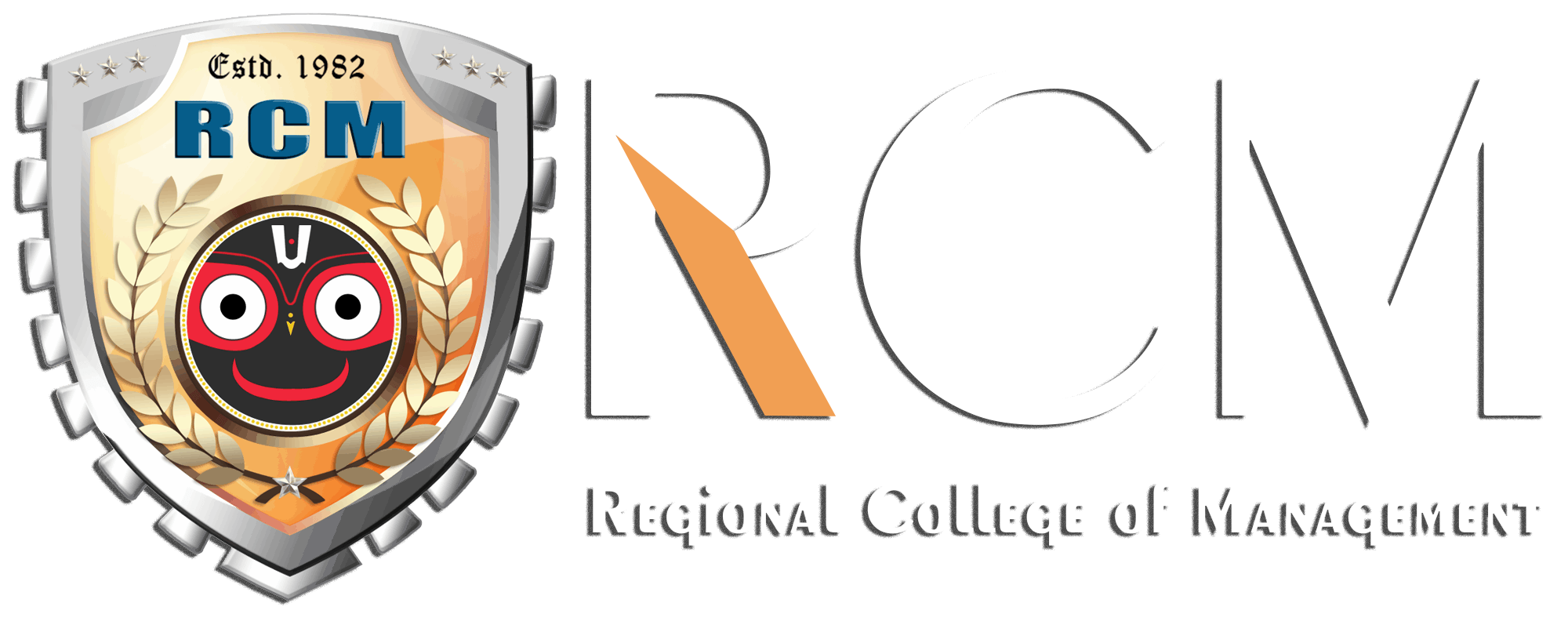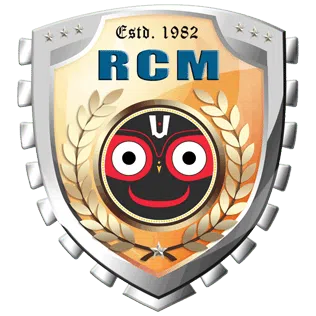When it comes to higher education, students often face the dilemma of choosing between a general degree and a BTech (Bachelor of Technology). The question arises: degree vs BTech, which is better? The choice depends on various factors such as career aspirations, skillset, job opportunities, and personal interest in technical or non-technical fields.
In this blog, we will compare BE vs BTech, BSc vs BTech, and degree vs BTech to help students make an informed decision. We will also explore the difference between BE and BTech engineering, the difference between BSc and BTech, and which course offers better career prospects.
Understanding BTech and BE Degrees
What is BTech?
BTech (Bachelor of Technology) is a professional engineering degree that focuses on practical knowledge, skill-based learning, and industry-oriented training. It is a four-year undergraduate program that includes core engineering subjects, workshops, internships, and practical applications of engineering concepts.
Popular BTech Specializations:
- Computer Science and Engineering (CSE)
- Mechanical Engineering
- Civil Engineering
- Electronics and Communication Engineering
- Electrical Engineering
- Artificial Intelligence & Data Science
What is BE?
BE (Bachelor of Engineering) is another engineering degree that emphasizes theoretical concepts and fundamental engineering principles. The difference between BE and BTech engineering is that BE is more research-focused while BTech is industry-oriented.
Popular BE Specializations:
- Information Technology
- Aeronautical Engineering
- Chemical Engineering
- Biotechnology
- Robotics and Automation
Difference Between BE and BTech
| Criteria | BTech | BE |
| Full Form | Bachelor of Technology | Bachelor of Engineering |
| Focus | Industry and practical learning | Theoretical and research-based learning |
| Internship | Mandatory internships and industrial exposure | Not always mandatory |
| Course Structure | Application-based with hands-on training | Concept-based with deep theoretical knowledge |
| Universities Offering | IITs, NITs, and private universities | Government and state universities |
| Career Options | Jobs in the corporate sector, IT, and core engineering industries | Research, academia, and core engineering fields |
BE vs BTech difference: The main distinction lies in their approach—BTech is more practical and application-based, whereas BE is theoretical and research-based.
BTech vs BSc: Which One is Better?
What is a BSc Degree?
BSc (Bachelor of Science) is a three-year undergraduate program focusing on basic sciences such as Physics, Chemistry, Mathematics, Biology, and Computer Science. Unlike BTech, which focuses on engineering applications, BSc emphasizes research, analysis, and theoretical understanding.
BSc vs BTech: Key Differences
| Criteria | BTech | BSc |
| Duration | 4 years | 3 years |
| Focus | Engineering and applied sciences | Pure sciences and research |
| Career Opportunities | IT, software, manufacturing, R&D, and MNCs | Teaching, research, pharmaceuticals, and government jobs |
| Salary Range | Higher starting salary | Lower compared to BTech |
| Course Difficulty | More technical and challenging | Relatively easier |
Which is best: BSc or BTech?
- If you are interested in technology and hands-on applications, BTech is a better option.
- If you are passionate about research and pure sciences, BSc is a better choice.
Degree vs BTech: Which One Should You Choose?
When comparing a general degree (such as BSc, BA, BCom) vs BTech, there are several factors to consider:
1. Career Opportunities
- BTech graduates have better job prospects in engineering, IT, and technology-driven industries.
- General degree graduates may need additional qualifications (such as MSc, MBA) for better job opportunities.
2. Salary Prospects
- BTech professionals often start with higher salaries compared to general degree holders.
- Degree holders may earn well after completing postgraduation.
3. Course Duration
- BTech is a 4-year course, while most degree programs take 3 years.
4. Industry Demand
- BTech graduates are preferred in technology, engineering, and IT industries.
- Degree graduates are suitable for academia, research, and non-technical fields.
BE vs BTech: Which is Better?
1. For Core Engineering Jobs
- If you aim for technical jobs in mechanical, civil, or electrical engineering, BTech is a better option.
- BE is better for those interested in research and academia.
2. For IT and Software Jobs
- Both BTech and BE graduates can pursue IT and software careers.
- However, BTech graduates may have an edge due to practical training and internships.
3. For Higher Studies (MTech, MBA, MS)
- Both BE and BTech graduates can pursue postgraduate studies like MTech, MBA, or MS.
- MS abroad is more research-oriented and may favor BE graduates.
Which is best: BE or BTech?
- If you prefer hands-on experience and industry jobs, choose BTech.
- If you are interested in theory, teaching, or research, go for BE.
Conclusion
The choice between degree vs BTech depends on your career goals:
- Choose BTech if you are passionate about engineering, technology, and innovation.
- Choose BE if you prefer theoretical and research-based learning.
- Choose BSc if you are interested in science, research, or academia.
- If you want business or administrative roles, you can also consider a general degree + MBA.
Final Verdict:
If you want better job opportunities, higher salaries, and industry exposure, BTech is the better option.
FAQs
1. BE vs BTech: Which is better for government jobs?
Both BE and BTech are eligible for government jobs in PSUs, civil services, and research sectors. However, BTech students may have more practical exposure, making them better suited for technical roles.
2. What is the difference between BE and BTech engineering?
The key difference between BE and BTech is that BTech is application-oriented, while BE is theory-focused.
3. Is BS and BTech the same?
No, BS (Bachelor of Science) is different from BTech. BS is a research-oriented science degree, while BTech is a technical engineering degree.
4. BSc or BTech: Which has better scope?
BTech has better career prospects in terms of salary, job opportunities, and industry demand compared to BSc.
5. Which is best: BE or BTech?
If you want a career in engineering and technology, BTech is better. If you prefer theoretical and research-based roles, BE is a good choice.
























